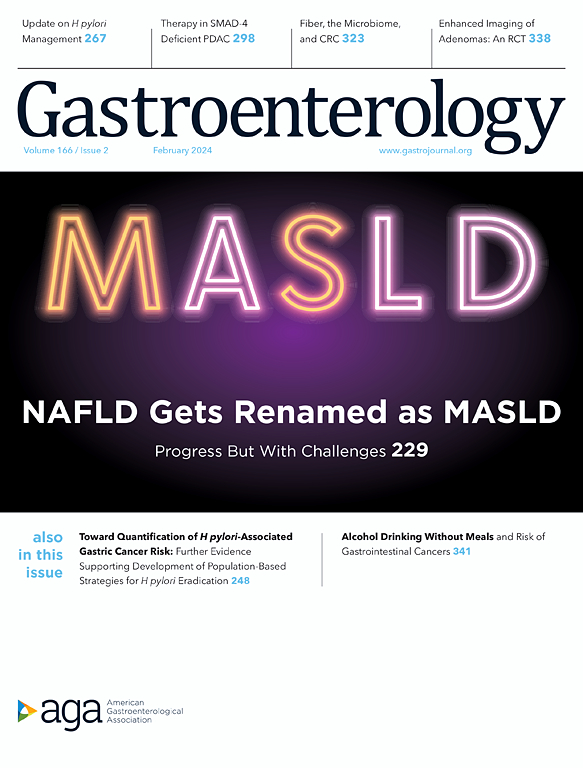人工智能在胃肠病学中的临床应用:现状、监管挑战和伦理问题
IF 25.7
1区 医学
Q1 GASTROENTEROLOGY & HEPATOLOGY
引用次数: 0
摘要
人工智能(AI)将迅速改变胃肠病学,特别是在内窥镜检查领域,在该领域,算法已经证明了在解决人类操作员可变性方面的有效性。然而,在临床实践中实施人工智能面临着重大挑战。人工智能作为医疗设备(AIaMD)的监管环境随着不确定领域的不断发展而不断发展。需要产生真实世界证据的更可靠的研究来最终证明对患者预后的影响。成本效益数据和报销模式将是广泛采用的关键。生成式人工智能等新兴技术带来了新的挑战。存在与数据治理、患者伤害、责任和偏见有关的伦理和医学问题。这篇综述综述了人工智能在胃肠病学中的临床应用,并为目前的障碍提供了潜在的解决方案。本文章由计算机程序翻译,如有差异,请以英文原文为准。
Clinical Implementation of Artificial Intelligence in Gastroenterology: Current Landscape, Regulatory Challenges, and Ethical Issues
Artificial intelligence (AI) is set to rapidly transform gastroenterology, particularly in the field of endoscopy, where algorithms have demonstrated efficacy in addressing human operator variability. However, implementing AI in clinical practice presents significant challenges. The regulatory landscape for AI as a medical device (AIaMD) continues to evolve with areas of uncertainty. More robust studies generating real-world evidence are required to ultimately demonstrate impact on patient outcomes. Cost-effectiveness data and reimbursement models will be pivotal for widespread adoption. Novel challenges are posed by emerging technologies such as generative AI. Ethical and medicolegal concerns exist relating to data governance, patient harm, liability and bias. This review provides an overview for AI clinical implementation in gastroenterology and offers potential solutions to current barriers.
求助全文
通过发布文献求助,成功后即可免费获取论文全文。
去求助
来源期刊

Gastroenterology
医学-胃肠肝病学
CiteScore
45.60
自引率
2.40%
发文量
4366
审稿时长
26 days
期刊介绍:
Gastroenterology is the most prominent journal in the field of gastrointestinal disease. It is the flagship journal of the American Gastroenterological Association and delivers authoritative coverage of clinical, translational, and basic studies of all aspects of the digestive system, including the liver and pancreas, as well as nutrition.
Some regular features of Gastroenterology include original research studies by leading authorities, comprehensive reviews and perspectives on important topics in adult and pediatric gastroenterology and hepatology. The journal also includes features such as editorials, correspondence, and commentaries, as well as special sections like "Mentoring, Education and Training Corner," "Diversity, Equity and Inclusion in GI," "Gastro Digest," "Gastro Curbside Consult," and "Gastro Grand Rounds."
Gastroenterology also provides digital media materials such as videos and "GI Rapid Reel" animations. It is abstracted and indexed in various databases including Scopus, Biological Abstracts, Current Contents, Embase, Nutrition Abstracts, Chemical Abstracts, Current Awareness in Biological Sciences, PubMed/Medline, and the Science Citation Index.
 求助内容:
求助内容: 应助结果提醒方式:
应助结果提醒方式:


